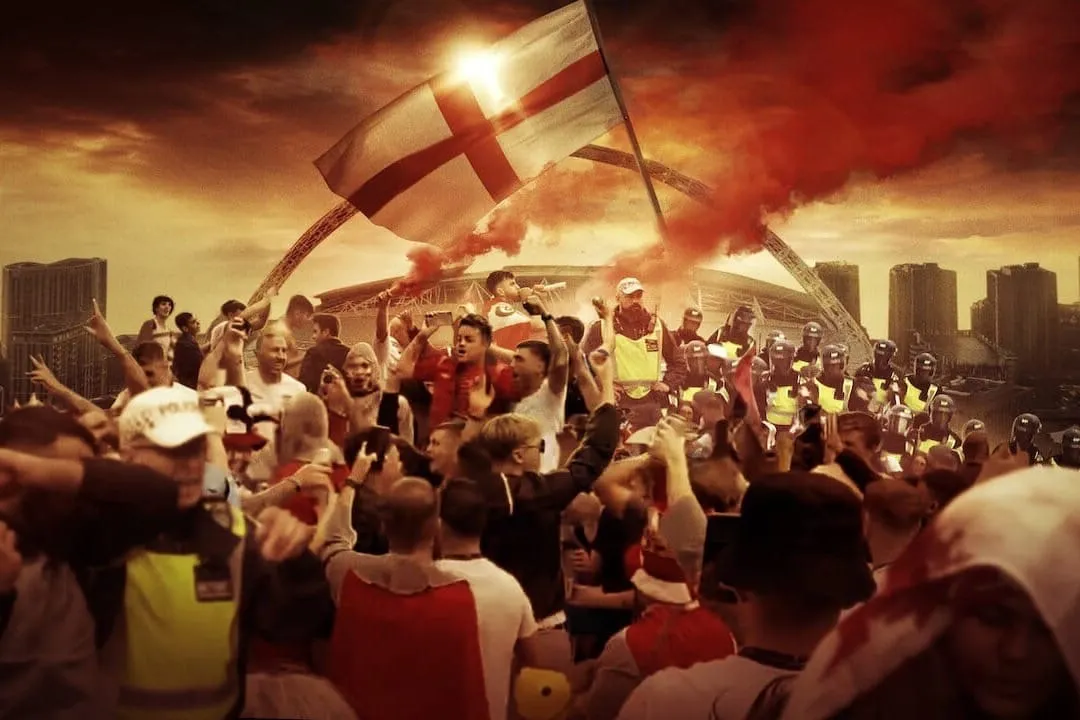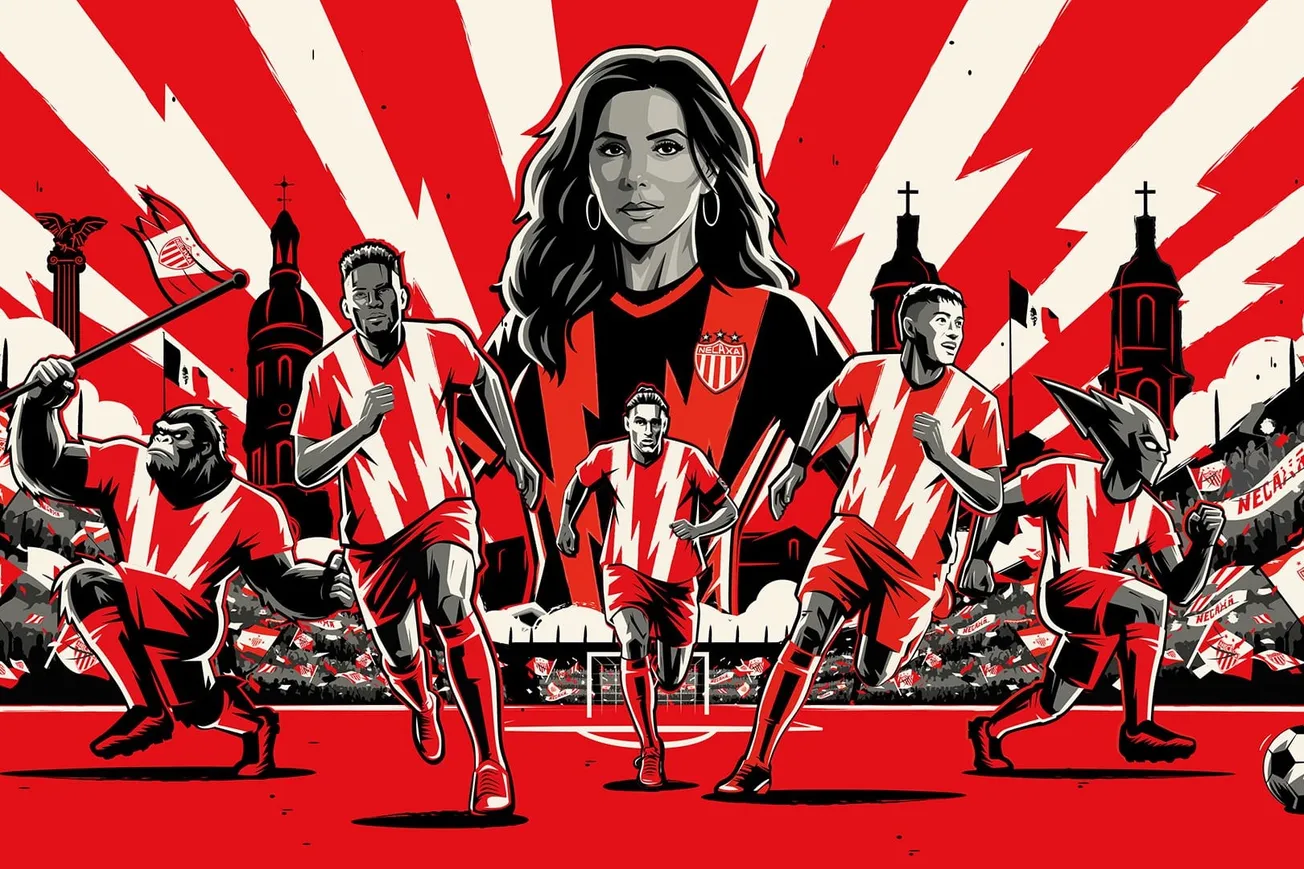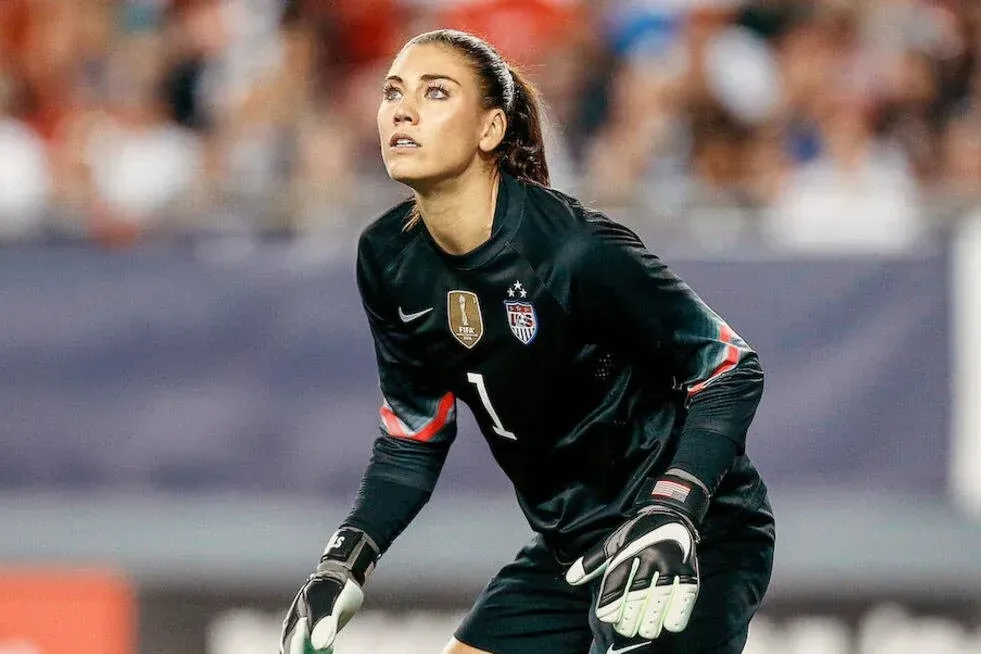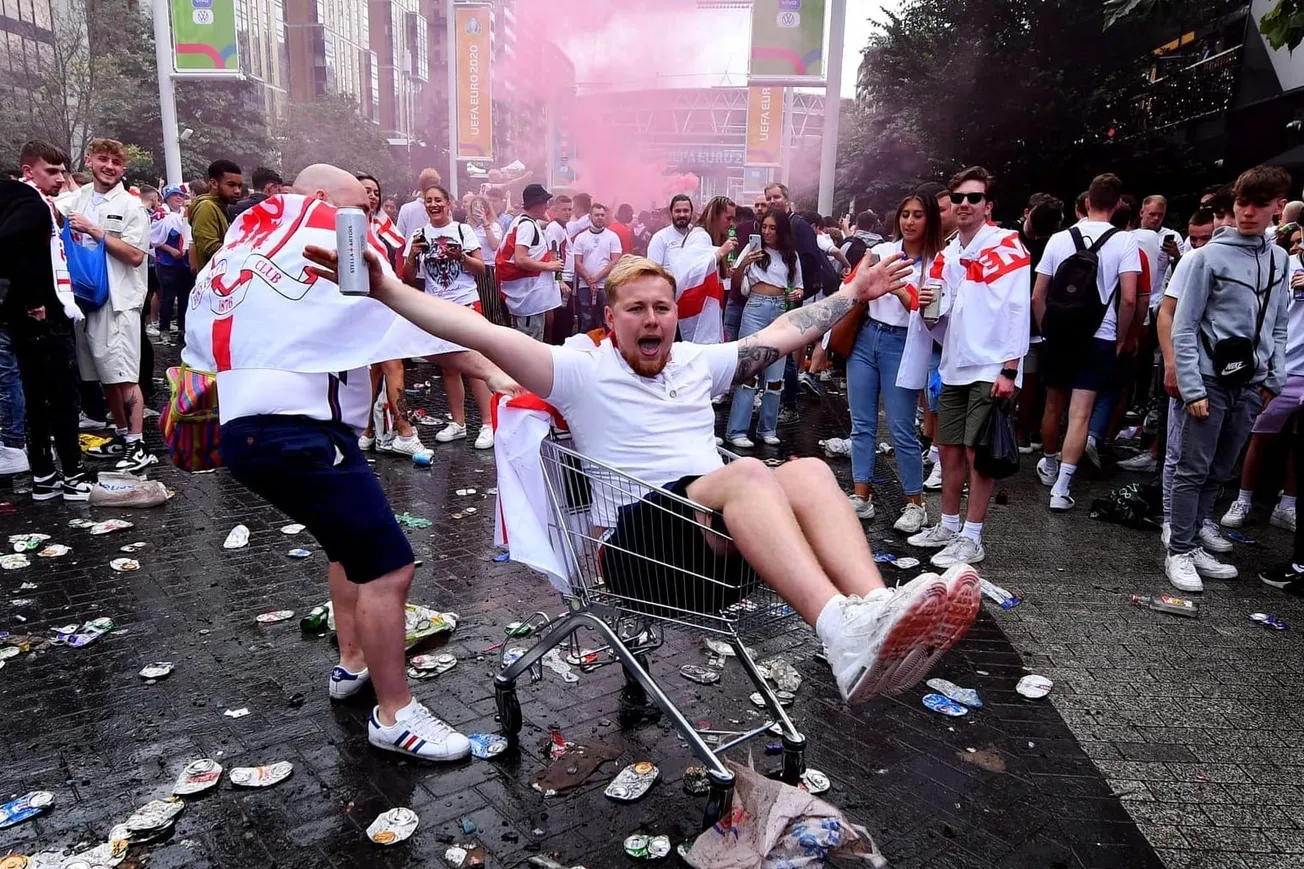• Player Rating: 7.8
• Stream: Netflix
• Running Time: 1 hr 22 mins
• Audience: Ages 16 and Older
This is a gripping deconstruction of the Euros final held at London's Wembley Stadium in 2021, when a mob of drunk, coked-up fans descended on the stadium hours before kickoff to hang around outside and drink some more. Some 2,000 ticketless fans forced their way into the stands, while the rest remained outside testing the fencing and barricades.
We get more than the official report in this Netflix production. The documentary speaks to officials, eyewitnesses, and members of the mob who remain untroubled by the roles they played — and whose language isn't suitable for children. Even more compelling, the head of security that day tells of the relief he felt when England lost — had they won, there would have been a full-on riot as the thousands still outside likely would have fought their way in.
This coming Sunday, the championship match of the 2024 Euros will be held at the Olympiastadion Berlin. If the headlines that come out after are about the game, consider that a victory for the organizers. It was different in July 2021, after the final was played at Wembley Stadium in London. That's when 2,000 ticketless English fans who were drunk and coked-up tore down barricades to break into the arena and create chaos in the stands. An official report later called it a day of "national shame."
It could have been much, much worse, as we learn from the Netflix documentary The Final: Attack on Wembley. The film painstakingly deconstructs the day, and shows that England's loss to Italy in penalty kicks was arguably the best outcome for the safety of the 67,000 fans with tickets inside Wembley. Had England won, the thousands of fans still gathered outside in all likelihood would have swarmed the stadium, overwhelming the security that was tenuously keeping Wembley safe. That inebriated mob would have stopped at nothing in order to be in the stands when England raised their first trophy since 1966.
There's a sobering argument to be made that when England lost the final, lives were saved.
Antisocial scene
Is it too much to put all of the blame on English fans? The film doesn't accuse them of setting out to form a violent, tribal mob that attacked anything that stood in their way: There was no intent. But that's what happened. Those thousands of supporters followed more-or-less the same formula: Start drinking early, converge on Wembley many hours before the start of the game, keep drinking more — and try to get into the stadium by stealth or by force.
Like many documentaries, Attack on Wembley gets experts, pundits, and witnesses to speak on the record. But the genius of Attack on Wembley is to let some of the members of that mob give us their perspectives. They are surprisingly forthright, and openly talk about how much they drank, the barricades they climbed over, the turnstiles they breached.
They even proudly point to the videos of themselves they later found posted to X, Facebook, and TikTok. Look, there I am dancing on top of a bus. It was a day to remember.
And while those in the mob all agree that what collectively happened went too far, they feel no personal guilt about the roles they played. Yes, they stopped traffic, and pulled down fencing to break into the stadium, and shoved stewards in high-visibility vests to the ground, but they didn't do any real harm. It was the other fans who made trouble. Besides, there was a game going on, and they didn't have tickets. What else were they supposed to do?
That cognitive dissonance is fascinating. In one sequence in Attack on Wembley, a journalist who went to the game as a spectator with his 70-year-old father-in-law talks about their terrifying sprint to what they thought was the safety of the stadium, only for one of the mob to push the elderly man out of the way to force his way the turnstile. Then, somebody who rushed the stadium recounted how he pressed up against somebody who just validated his ticket, crushing him against the turnstile gate to push his way through.
"All that mattered was getting in that ground," he said, acting like he's sharing a clever life hack that everybody should try.
The Final: Attack on Wembley | "I wonder what's up there"
Inescapable racism
Maybe the biggest surprise is that the events of this day came as a surprise to anybody.
Not all English football fans are bad actors, but a sizable segment of that group has a well-earned reputation for drinking too much and ugly behavior. Did the organizers of the tournament think that a final with England, in England, would magically inspire the English supporters to be on their best behavior?
Or that the racist vein that pulses through that fan base would suddenly be civil with the non-white stewards, security guards, and spectators? To be clear, most England supporters are anti-racist, and condemn that abhorrent conduct. But the Venn diagram of fans who were day-drinking outside of Wembley ten hours before kickoff and the fans who post banana emojis to social media has a lot of overlap.
One Asian security guard described what it was like to try to keep a clear head while hundreds of drunk, angry fans screamed racist epithets in his face while trying to push through the turnstiles. At the end of the night, after he changed into his street clothes and headed home, he was called names by fans lingering in the streets. Nobody in a civil society should be made to face that much hate.
The Final: Attack on Wembley | Official Trailer
England 1 (2) - 1 (3) Italy
In the end, catastrophe was averted by two very English events: A loss in the penalty shootout, and rain.
The head of Wembley speaks at length in this documentary. He explained the decision-making process behind sealing the exits at certain points, then opening them at others. After it was clear that the stadium had been breached, the exits were closed: Nobody could get in or out. But after a certain point, the exits had to be reopened as ticketed spectators forced to wait outside needed to be allowed in, and as other fans wanted to leave. You can't force 67,000 people to remain in the stands.
His biggest fear? That England would win, and the mob outside would force their way into the stadium to join in the celebration. The 2,000 who had already made it in were creating trouble inside the stadium, but they would be eclipsed by the thousands of fans still outside. There was a very real worry that they would roll over the police and security who were maintaining tenuous control of Wembley.
But then England missed one penalty, and another, and the trophy went to Italy.
Now there was nothing in Wembley that the crowd wanted to see. "At the end of the game it started to rain. And at that point, this group just turned," the head of security said. "And it was like, it was — they were all connected to the same message. They all turned, and they all just started to walk. And it's a horrible feeling to have a sense of relief. Relief's the wrong thing, but relief is what we had."
The hive mind that created so much fear, and caused so much destruction, decided to call it a day.









